To receive our newsletter with the latest blog entries, sign up here!
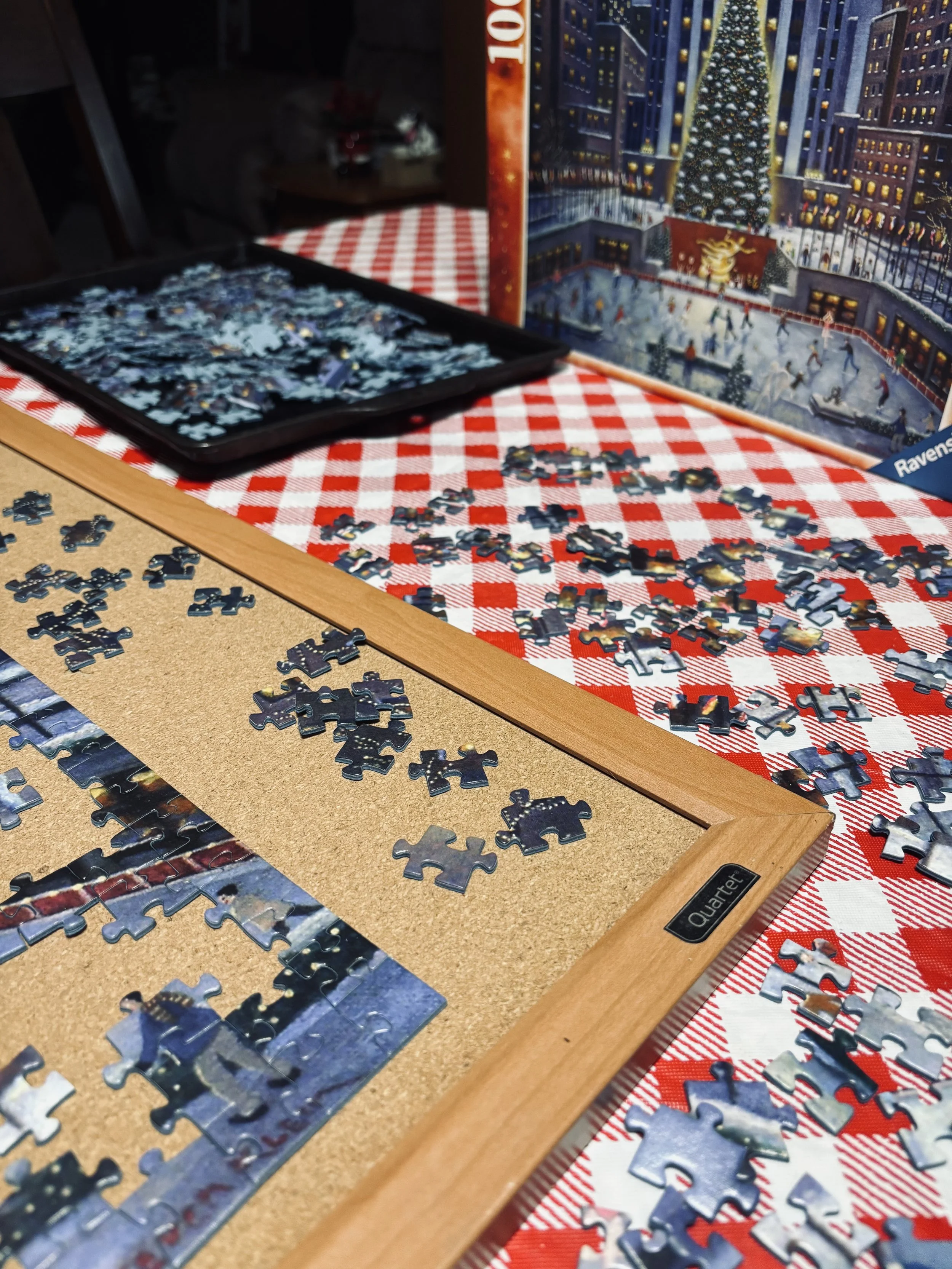
Grief and Puzzles
For those of us who grieve, wishes of “happy” New Year ring hollow and even a little offensive. Turning the page over to a new year means that we continue to live our lives and make memories without our person. It means that we must find way to rebuild out of the pile of what was.
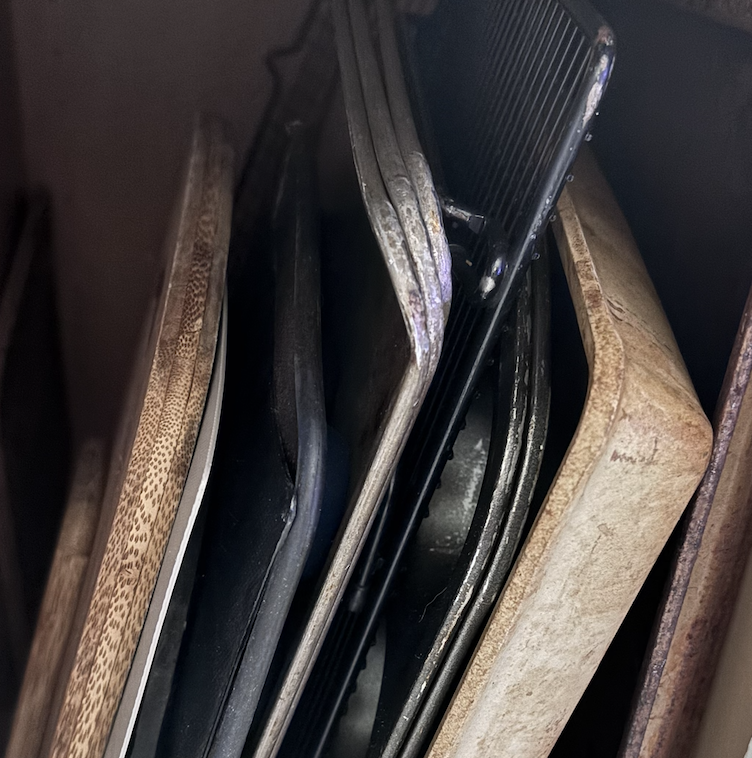
The year after
But this year, that peace and healing remain elusive. The lights just don’t seem to reach to the corners of the rooms. Christmas movies and music aren’t transporting me like they usually do. There is a part of me that, if it weren’t for our children, would take down the decorations and call the holiday done.

It isn’t the grief that changes. It’s the jar.
We will always grieve the death of our person, the opportunities we chose to not taken, career choices that we wish we’d never taken, jobs lost, or relationships dissolved.
Grief doesn’t just diminish over time until, one day, POOF it disappears.

Happy? Thanksgiving
“Happy” is a hard word to say for all who are grieving today. Turning on the television, pulling up social media, and going shopping means being constantly confronted with pictures of smiling families, tables and houses filled with gifts and people, and the expectations of joy and holiday cheer makes it easier to stay home and mourn who, and what, we have lost.

The Garden of Death
“And so, just as that newly bare plot of land in our yard is not the end of my garden, this painting done almost 225 years ago reminds me that death as we experience it isn’t the end of our stories.”

The Gift of Storytelling
“I believe that when someone we love dies, one of our greatest fears is that they will be forgotten by others. What if this world continues to turn and our person becomes simply someone who has lived?”

Nobody warned me feeling old started so young
One does not make mid-life career changes and not have to deal with the consequences. And I’m not alone.
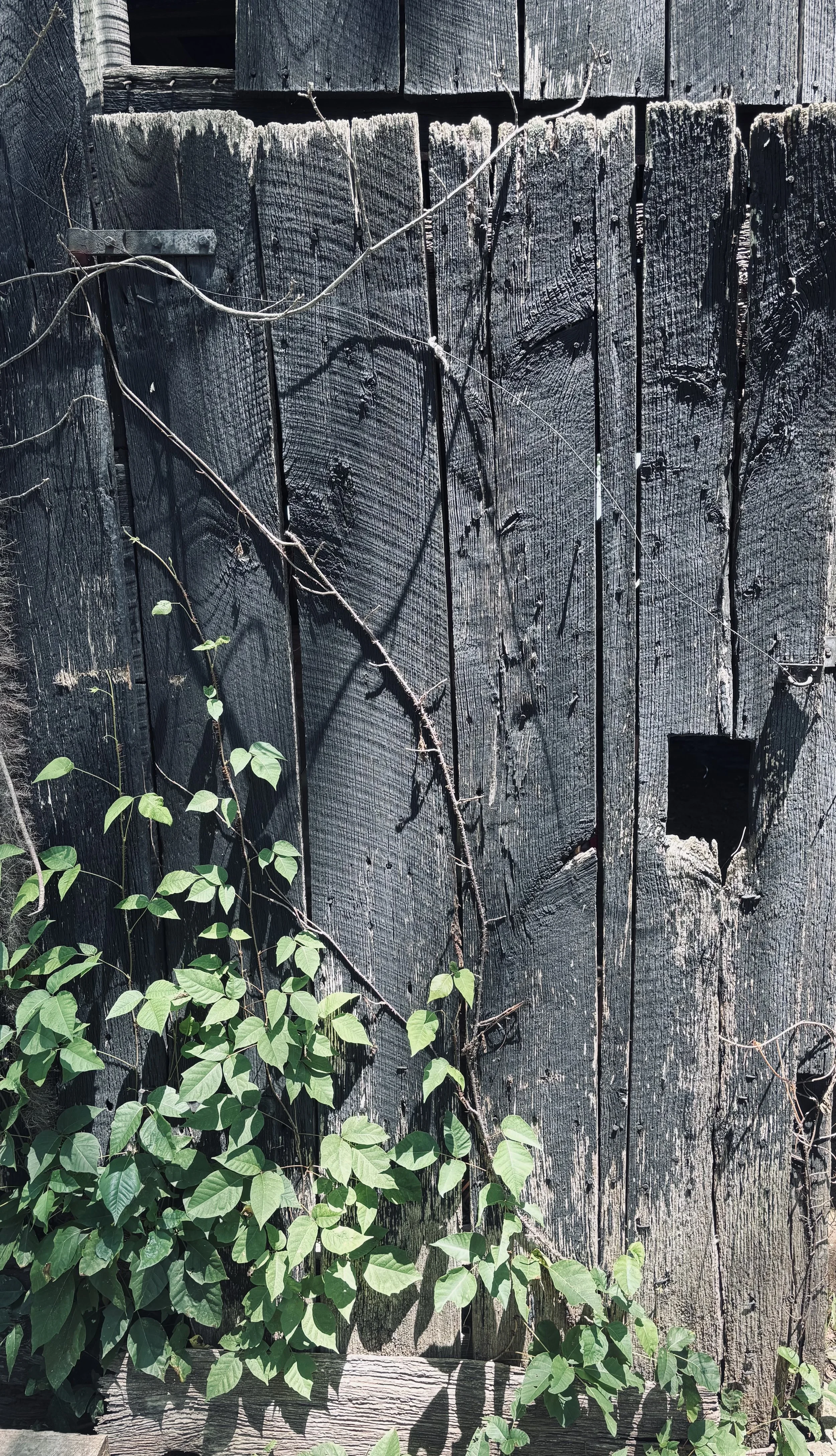
Finding a way when our security is shattered
Secondary losses are part of what makes grief so difficult. Because it’s not just the loss or major life change that we have to work through. This can be especially true when we talk about a loss of security.

Our stories. Our realities.
The uncomfortable truth is that when we are honest with our sharing, and give voice to our pains, it helps us make sense of our grief.
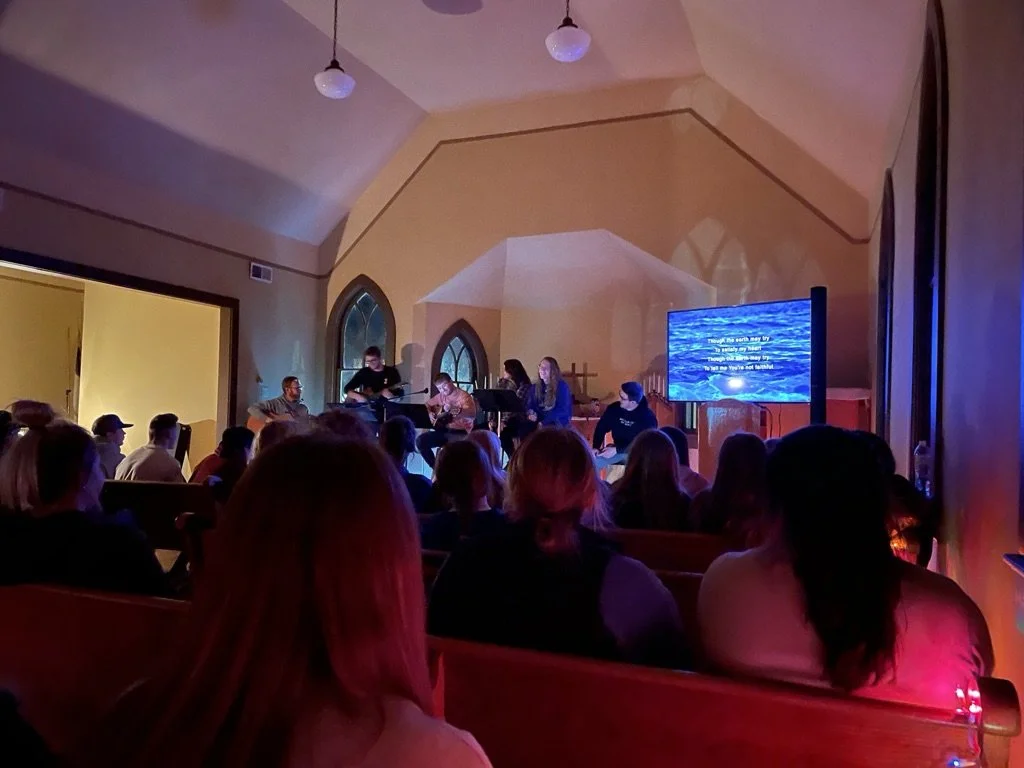
In its own time
Grief can make us feel like this is how we will always feel. It can make us wonder if we will ever enjoy those things which used to bring us joy.

A Vocabulary for Grief
One of the reasons I love Kübler-Ross’ work is because she gave us a vocabulary to talk about our experiences of loss and the deep emotions that accompany them.

Flowering the Cross
The Good News of Resurrection morning is that these losses and griefs are not the last word on our lives. They are not the whole story of who a person is, or what our worth, or another person’s worth, is.

Sitting with Holy Saturday
I’m heading to Indiana today to attend a friend’s funeral. That it is today, on Holy Saturday, has not been lost on me. In fact, the more I think about it, the more it simply makes sense. We will be gathering to remember and grieve, just like a group of friends did two thousand years ago.

Rachelle and Kevin’s Story
One of the most important gifts we can give to someone who is living with loss is to give them space to share their story whenever they are ready. I was reminded of this as I prepared for this week’s Lenten Devotional. When Rachelle asked if she could tell her own story of miscarriage and stillbirth, I encouraged her to try. She did more than try. She did it with honesty and grace.

The Story of Marion and Henry
For these next two weeks of our Lenten Reflections, I want to hold space for those who have, and are, living with the heartbreaks of infertility, miscarriages, and stillbirth. We will spend time with Hannah and her struggle with infertility (1 Samuel 1). And I will share the stories of four friends of mine who have graciously shared their own struggles. They are sharing because they want others to find hope and company in their stories.

David grieved Saul. Do we have to?
David’s mourning raises the question of how do we grieve the ending of a difficult relationship. How do we grieve when really what we might be feeling is relief or gratefulness instead of sadness? When we’re not sure exactly how we feel? When we don’t feel anything at all? When others don’t understand our response to what we have lost?

Challenging the Pacific Ocean, and God
When life throws a lot at us and we are overwhelmed to the point of being pulled under… when we are living with a loss that has rocked our world and we can’t see how we are going to make it.. when we have poured ourselves out in prayer and God has remained silent… Our faith may be shaken, and questions may fill our thoughts. In these times, what we want more than anything is for God to notice us.
The writers of the Psalms know what this feels like, and I imagine you do too.

Daring to speak laments
Lamentations is one person’s attempt to take his own personal swirling emotions and experiences and invite others to join in the expression.

A God who does not need a defense
One of the things that makes grief hard is that it often doesn’t make sense to us.
We ask questions like “Why?”, “How?”, and “Seriously, God, how much more could there possibly be?!”
We get angry at the ways we did what we were “supposed to,” but somehow we still got to where we are.
We listen as people point out that God’s still got us. But that can be really hard to believe when it feels like we are living in an empty void.
Sometimes we just need someone to sit with us and let us speak aloud our grief and share our pain.
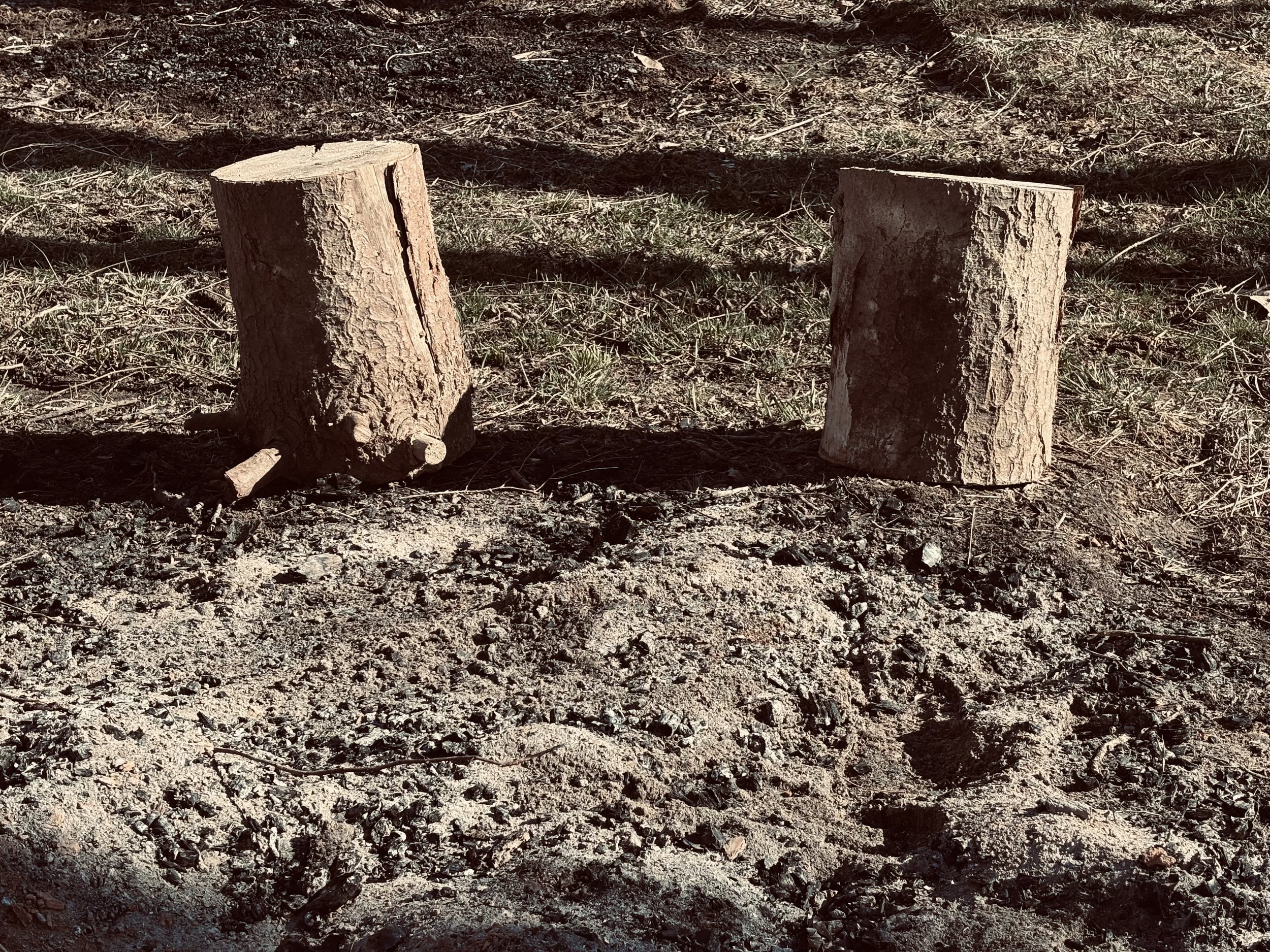
Come, sit in the ashes with me
For Job, it was in this moment of deep pain, that three of his friends come and sat with him. They took on the signs of mourning themselves. They tore their robes and threw dust on their heads.
And they sat.
For seven days, they didn’t say a word because they knew there simply were no words.
